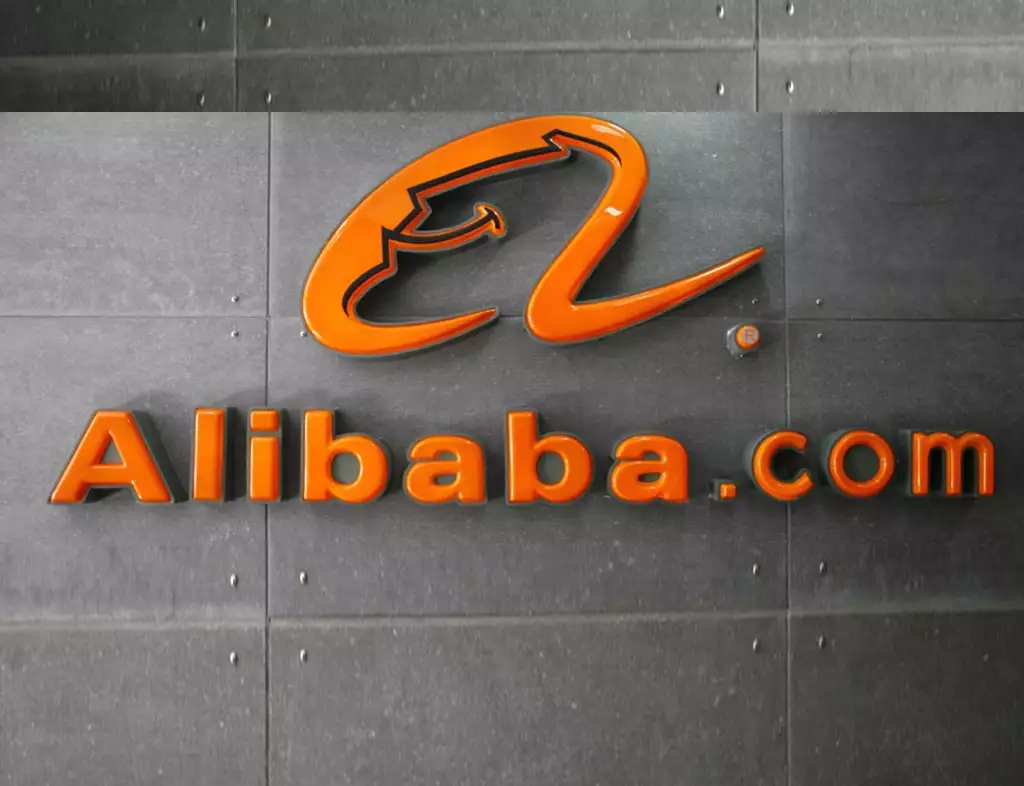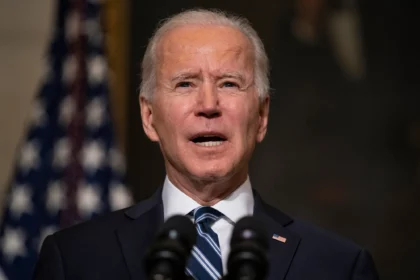Shares in Chinese e-commerce titan Alibaba dived 10 percent in Hong Kong on Friday after the firm’s surprise decision to call off part of its high-profile restructuring because of the US-China chip war.
In a move that shocked investors, the Hangzhou-based tech giant said Thursday that US curbs on exports of advanced chips had forced it to call off the spinoff of its cloud computing arm.
The firm’s stock dived 9.96 percent, tracking a collapse in its New York-listed shares.
Washington has moved to bar the shipment to China of powerful chips, including those from California-based Nvidia, which are crucial to the development of artificial intelligence, on national security grounds.
In one of its most wide-ranging restructurings, Alibaba said in March it planned to split the vast group into six distinct entities that would be able to separately pursue funding through public listings.
But on Thursday, it called off the creation of its Cloud Intelligence arm in light of “the recent expansion of US restrictions on export of advanced computing chips”.
“We believe that a full spin-off of Cloud Intelligence Group may not achieve the intended effect of shareholder value enhancement,” the company said in its earnings release.
“Accordingly, we have decided to not proceed with a full spin-off, and instead we will focus on developing a sustainable growth model for Cloud Intelligence Group under the fluid circumstances,” Alibaba said.
Alibaba is a key player in China’s expansive digital economy and the operator of a major online shopping platform.
The group’s performance is considered a barometer of domestic consumption, which has flagged in recent months.
The firm has faced new headwinds in recent years, with Beijing imposing tighter restrictions on the domestic tech sector and weak consumer spending leading it to record its third consecutive quarter of single-digit revenue growth earlier this year.
Alibaba has said it aims to achieve a “more nimble” structure to maintain competitiveness in the face of new regulatory challenges and mounting pressures on the global economy.
But it has now become one of the most high-profile Chinese firms to admit that trade tensions with Washington are affecting business.
The announcement took investors by surprise, with Kevin Net, head of Asian equities at Tocqueville Finance, telling Bloomberg News: “My initial thoughts are that the whole corporate restructuring… could be at risk.”
Loop Capital Markets’ Rob Sanderson said “Alibaba Cloud was the crown jewel within the restructuring plan”.
And Stephen Innes at SPI Asset Management warned it could throw the restructuring into doubt.
“The potential upside from the breakup appears to be diminishing, as none of the subsidiaries have robust financial health,” he said in a note.
“There is a caveat — if consumer confidence rebounds in China, it could potentially change the outlook for the subsidiaries, creating an opportunity for improved valuations. But broader economic factors, particularly consumer sentiment and confidence levels in the Chinese market, are not good.”




